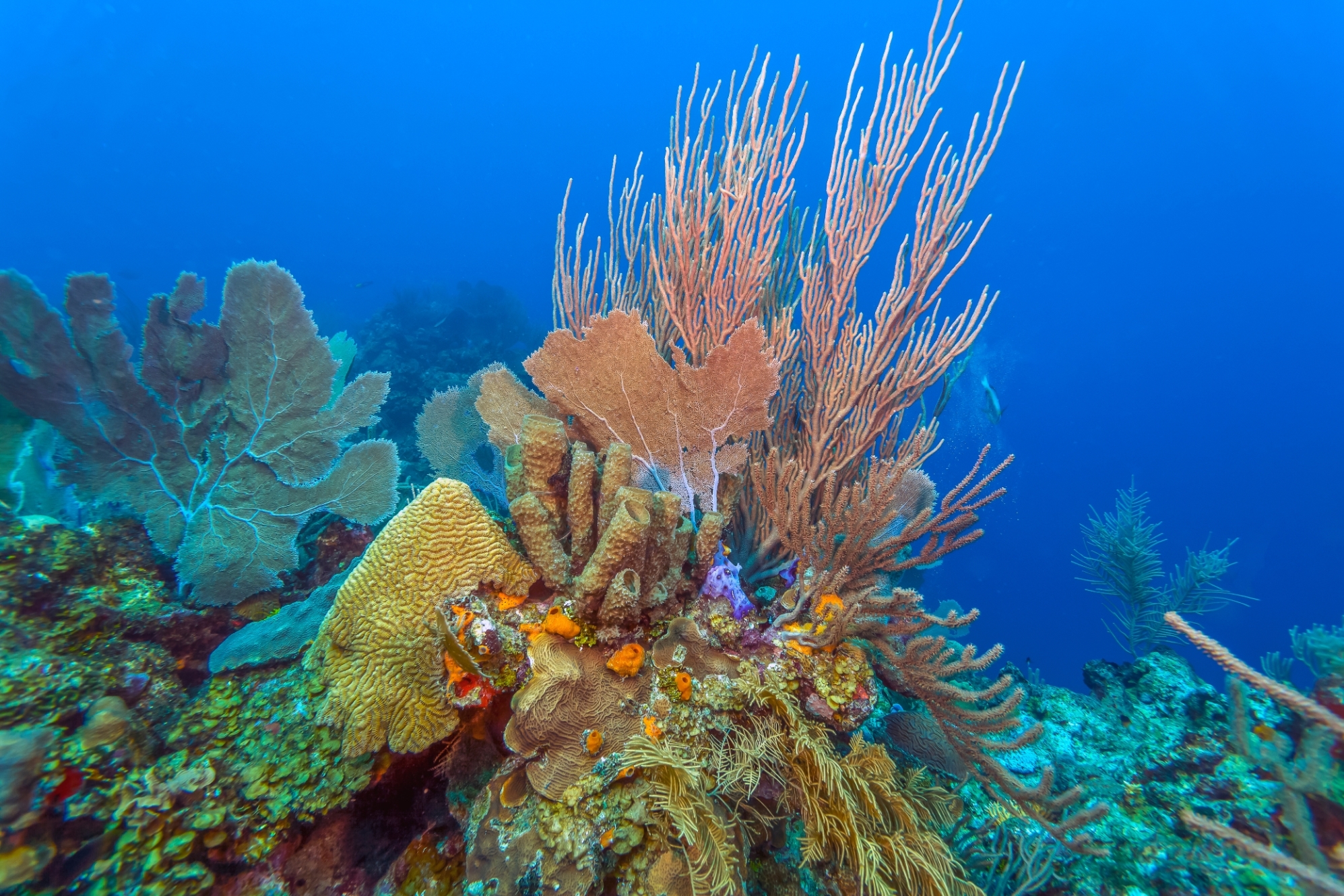
Lionfish (native to the Pacific) were introduced to the Atlantic off the coast of Florida in the 1980’s, most likely from the aquarium trade. Populations have exploded throughout the Caribbean Sea and more widely. They consume almost everything in their path, reducing some native fish species by up to 90%.
Their prey include snapper and grouper, and the reduction of these commercially-important fish has hurt local fisheries. They also eat herbivorous fish species, which are vital to coral reef health because they keep algae in check.
They mature quickly, produce millions of offspring per year, and reproduce every four days, regardless of the season. They are generalist predators, capable of eating anything up to half their body length, and they don’t provoke the usual avoidance response in prey. They have venomous spines that will repel almost any predator and are resistant to most diseases and parasites in their invasive range.
BUT Lionfish are easy to spear and every year thousands are hunted by recreational divers and killed. ABOT will organise lionfish hunts using their Volunteer Diver Group and local dive shops.
AND despite the colourful, venomous spines, lionfish meat is not poisonous. It has more tri-omegas than wild Atlantic salmon and it’s tasty.




